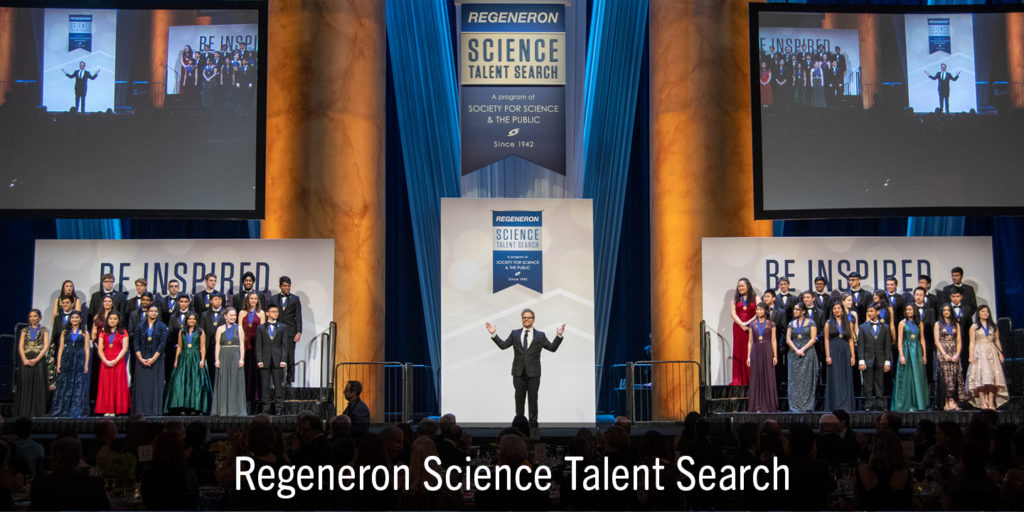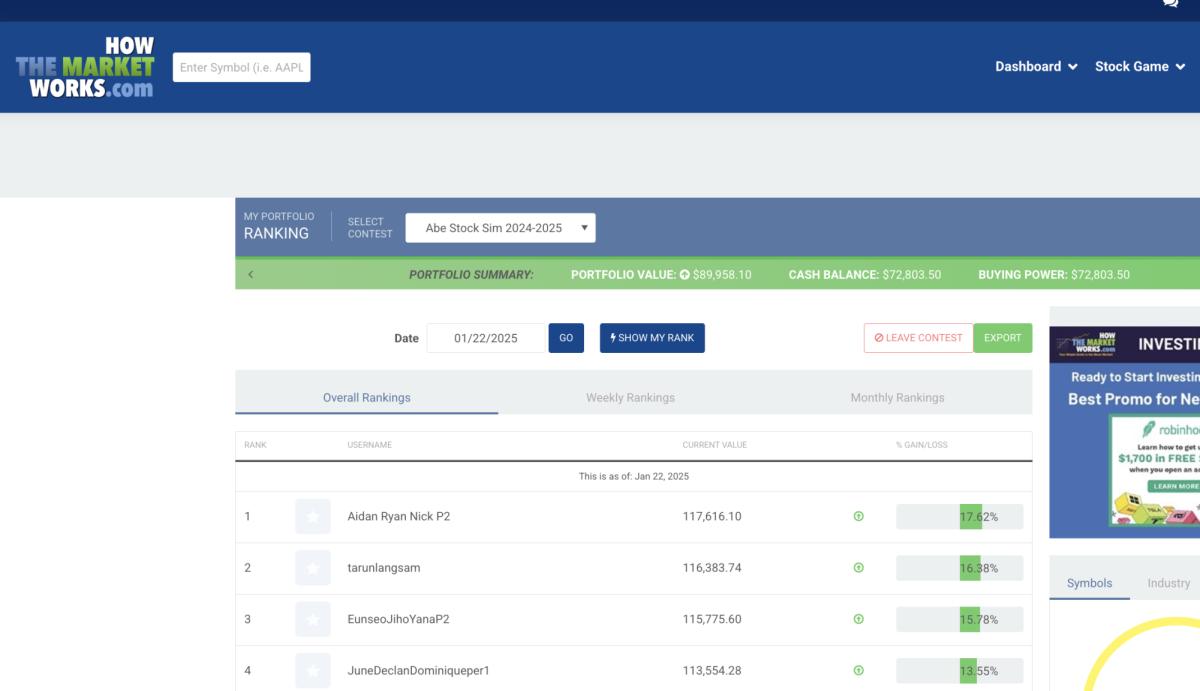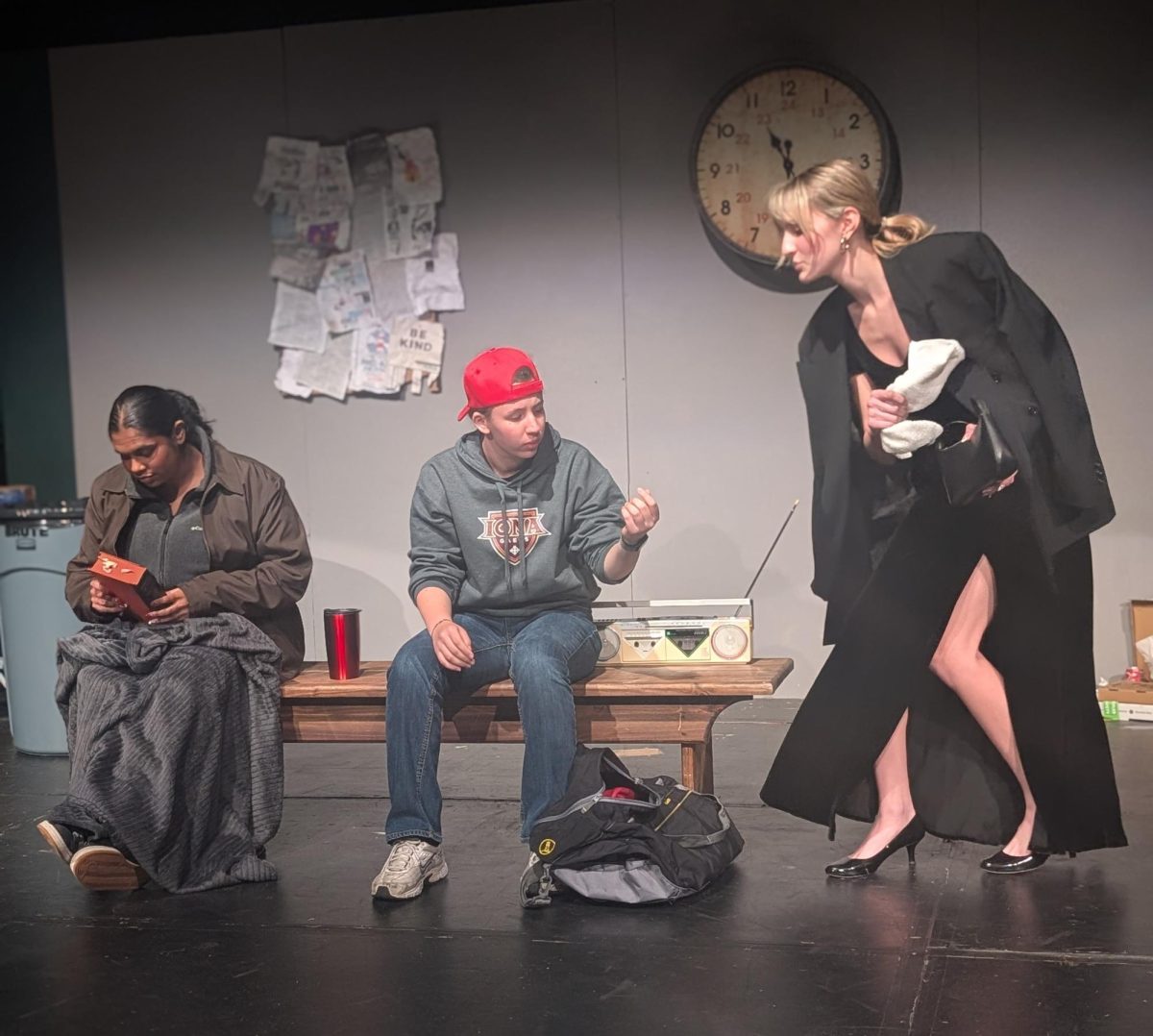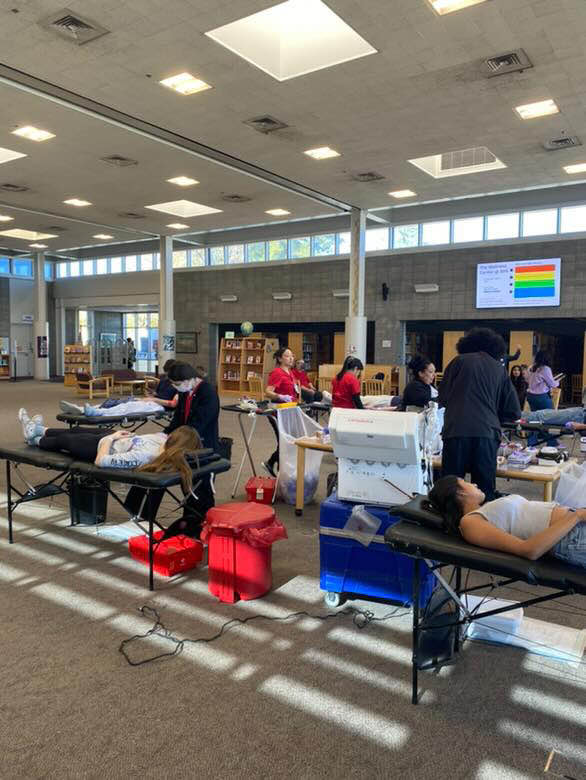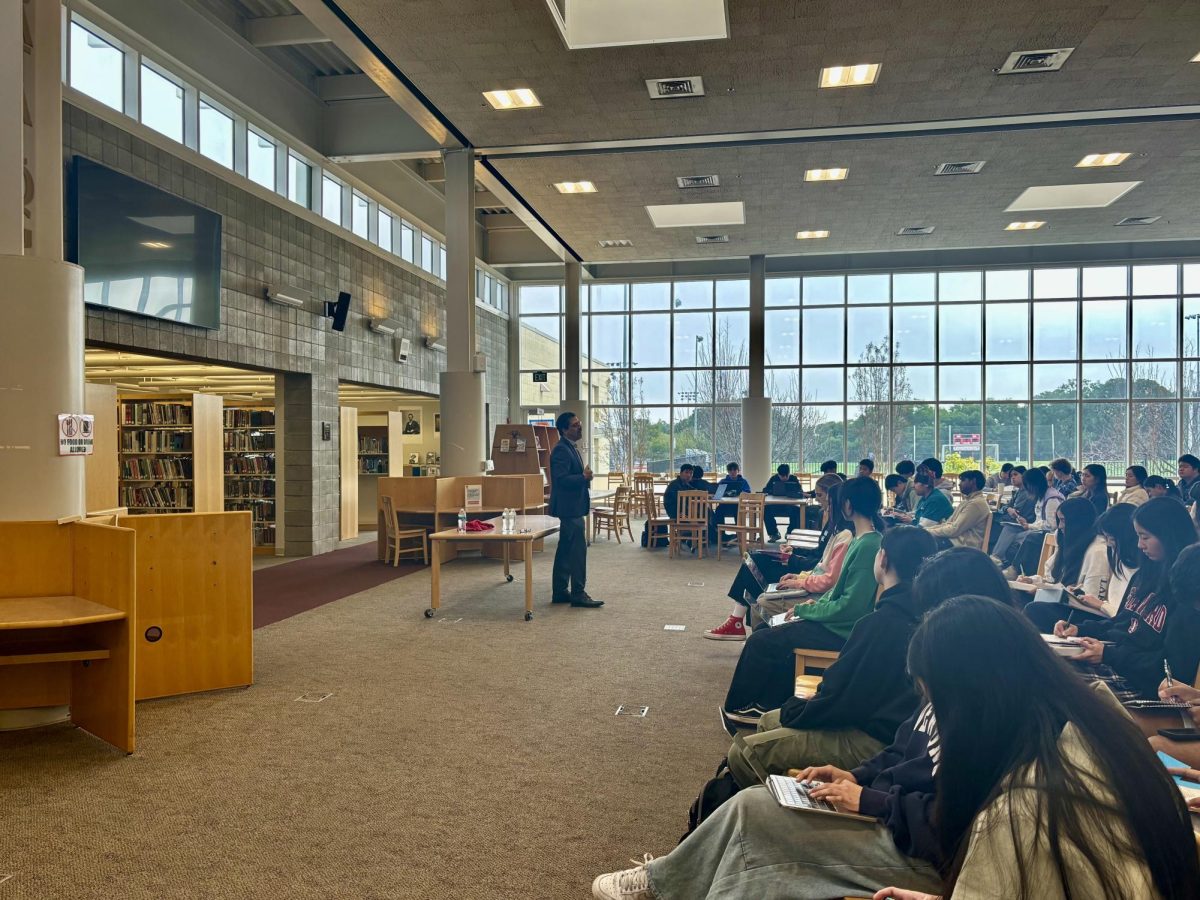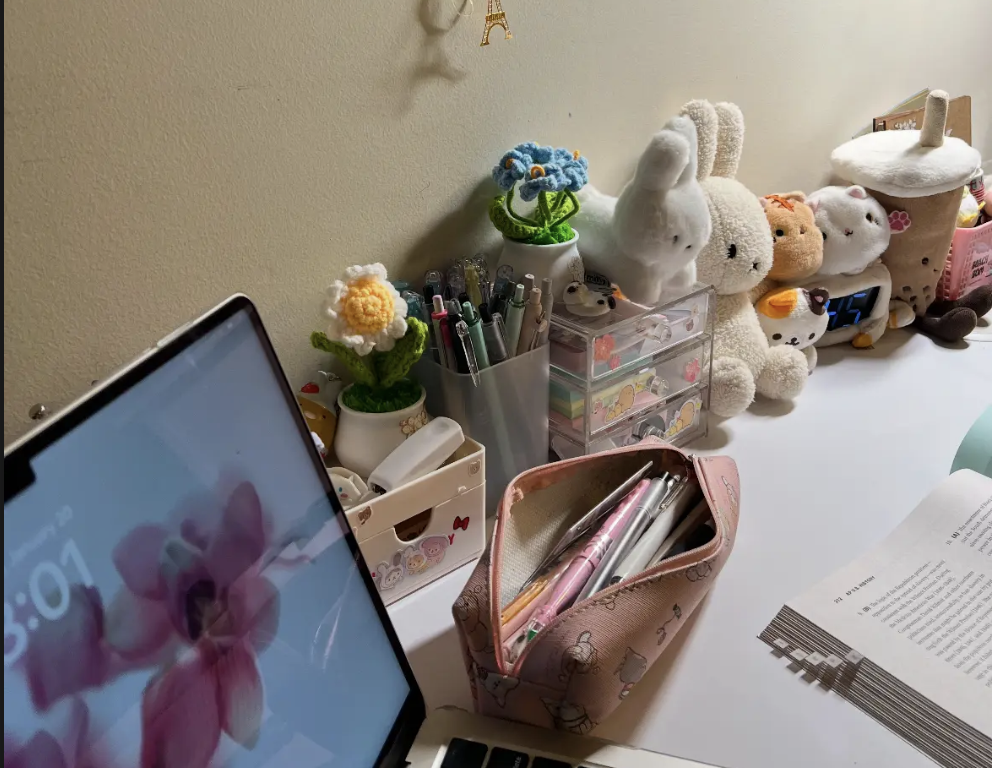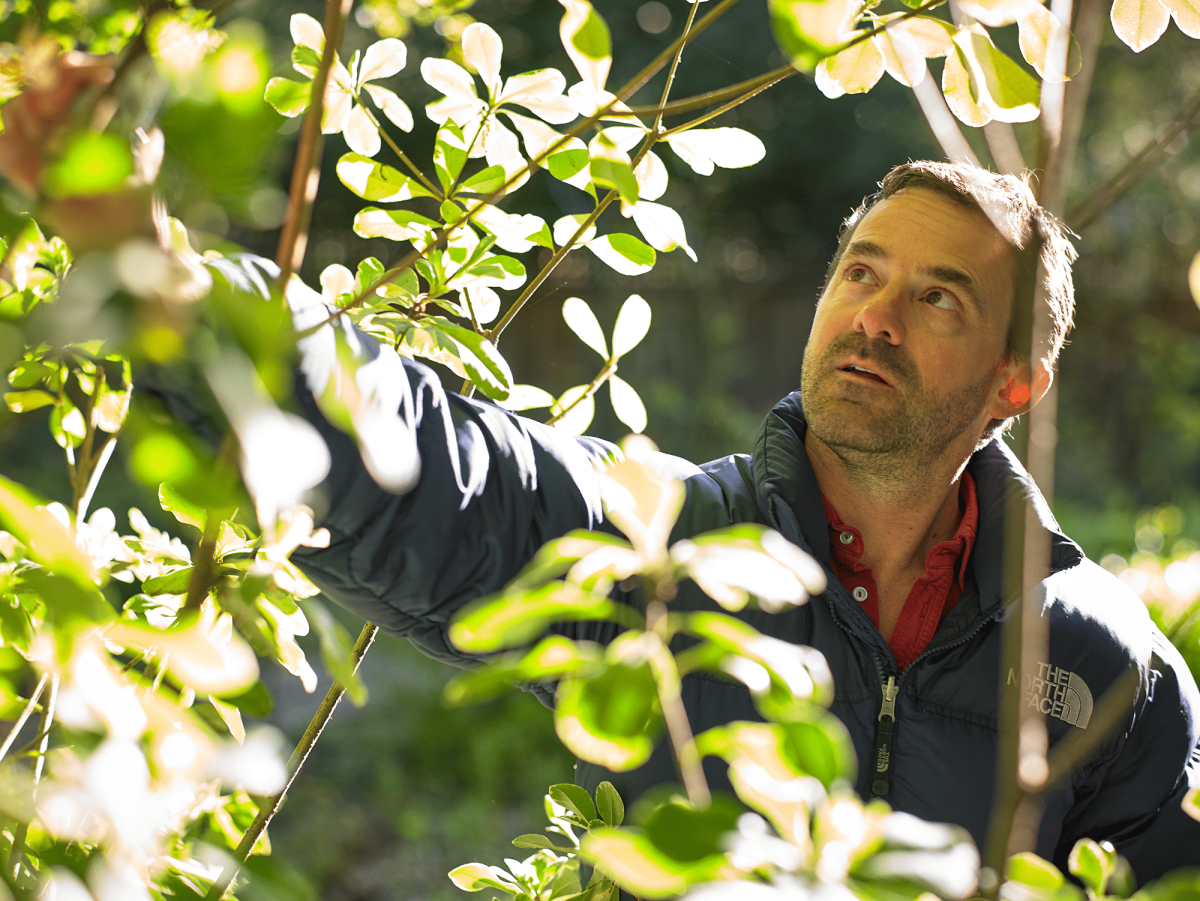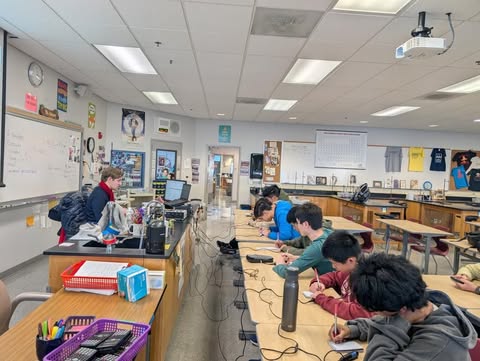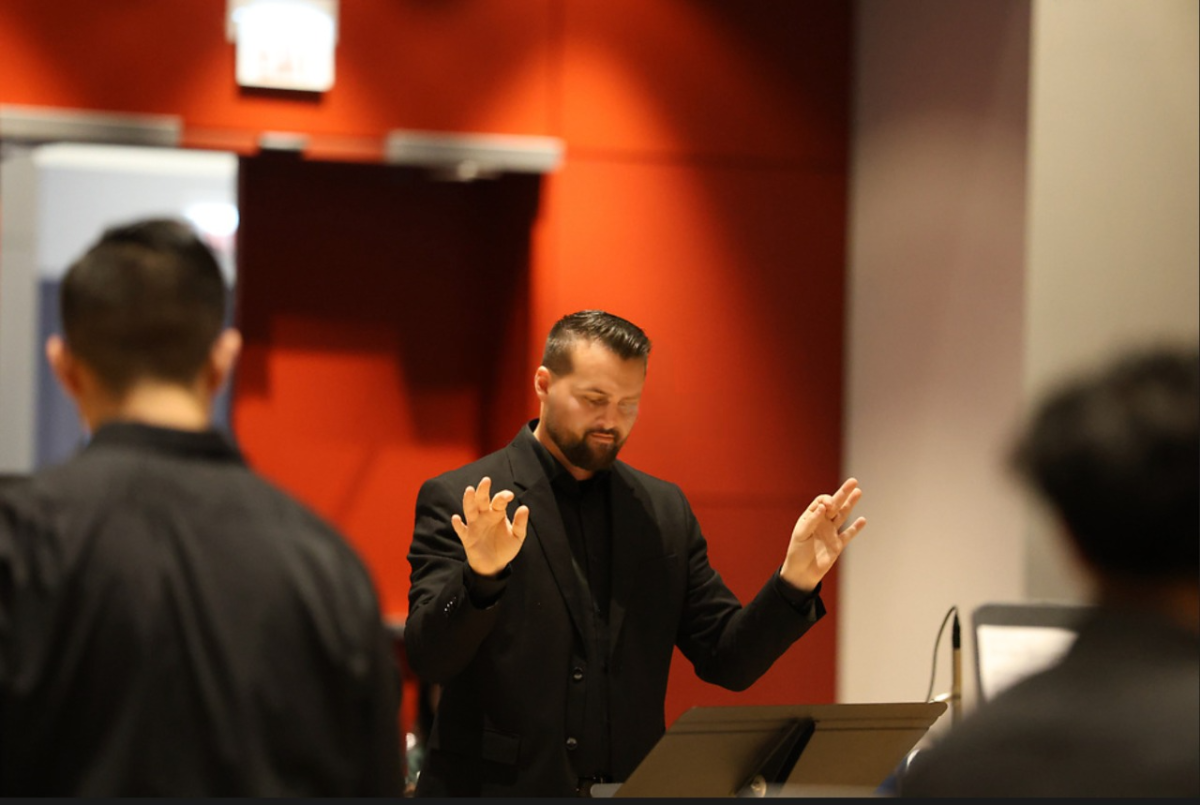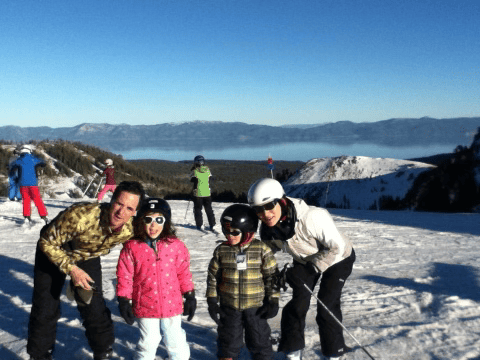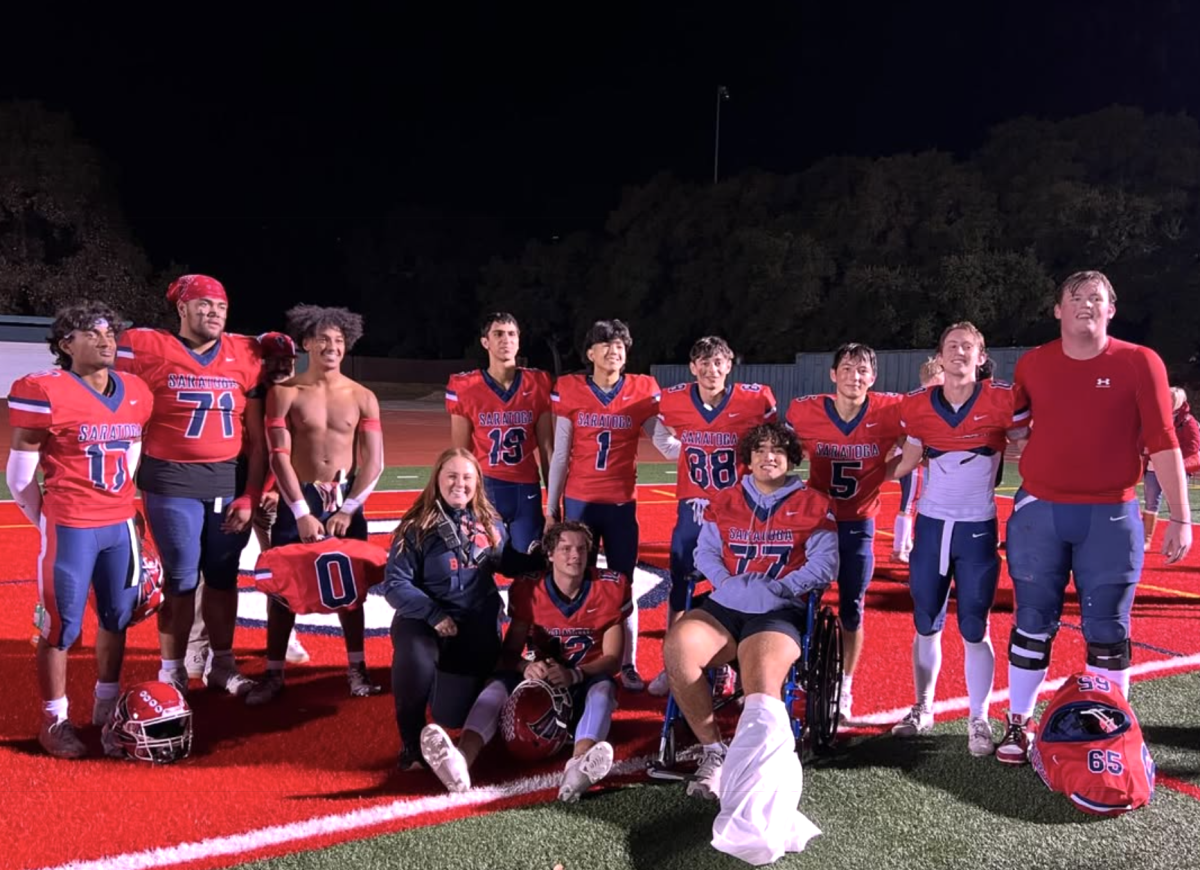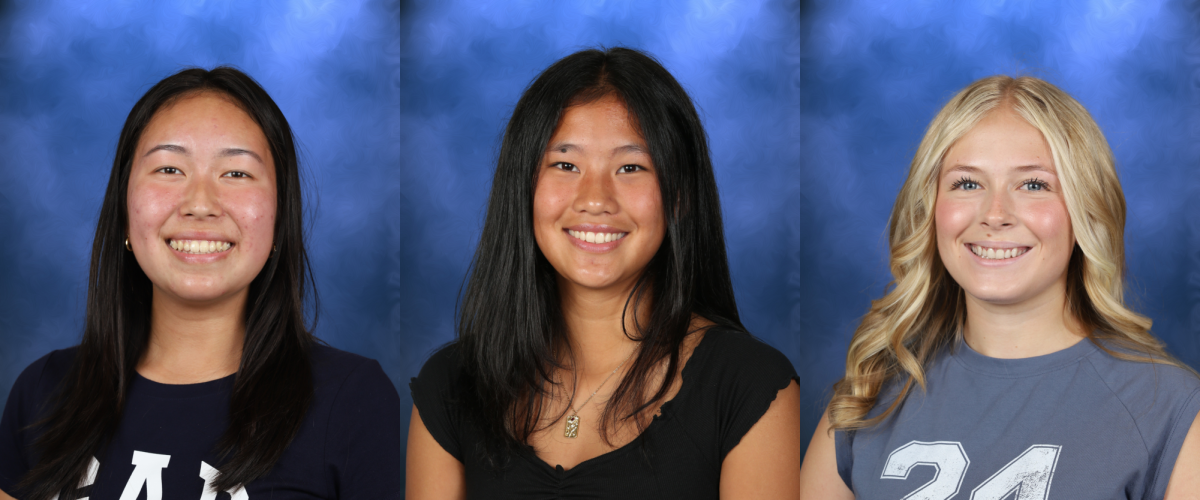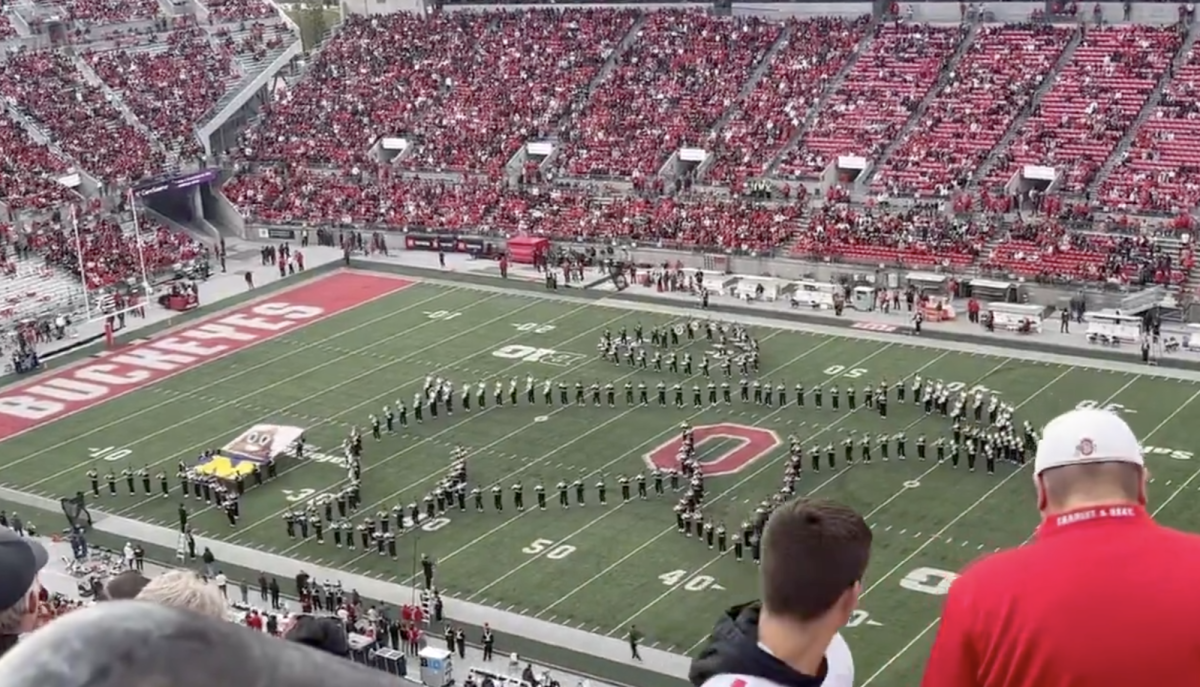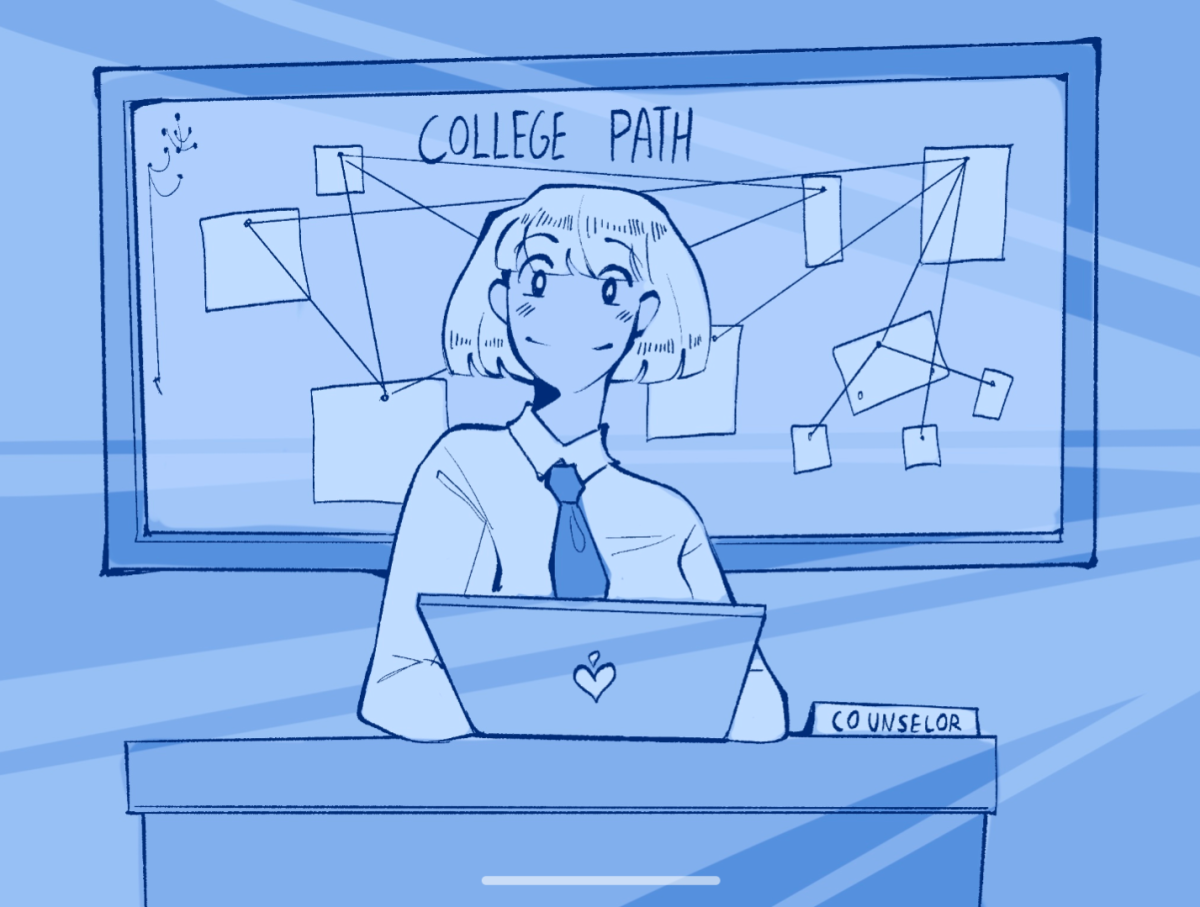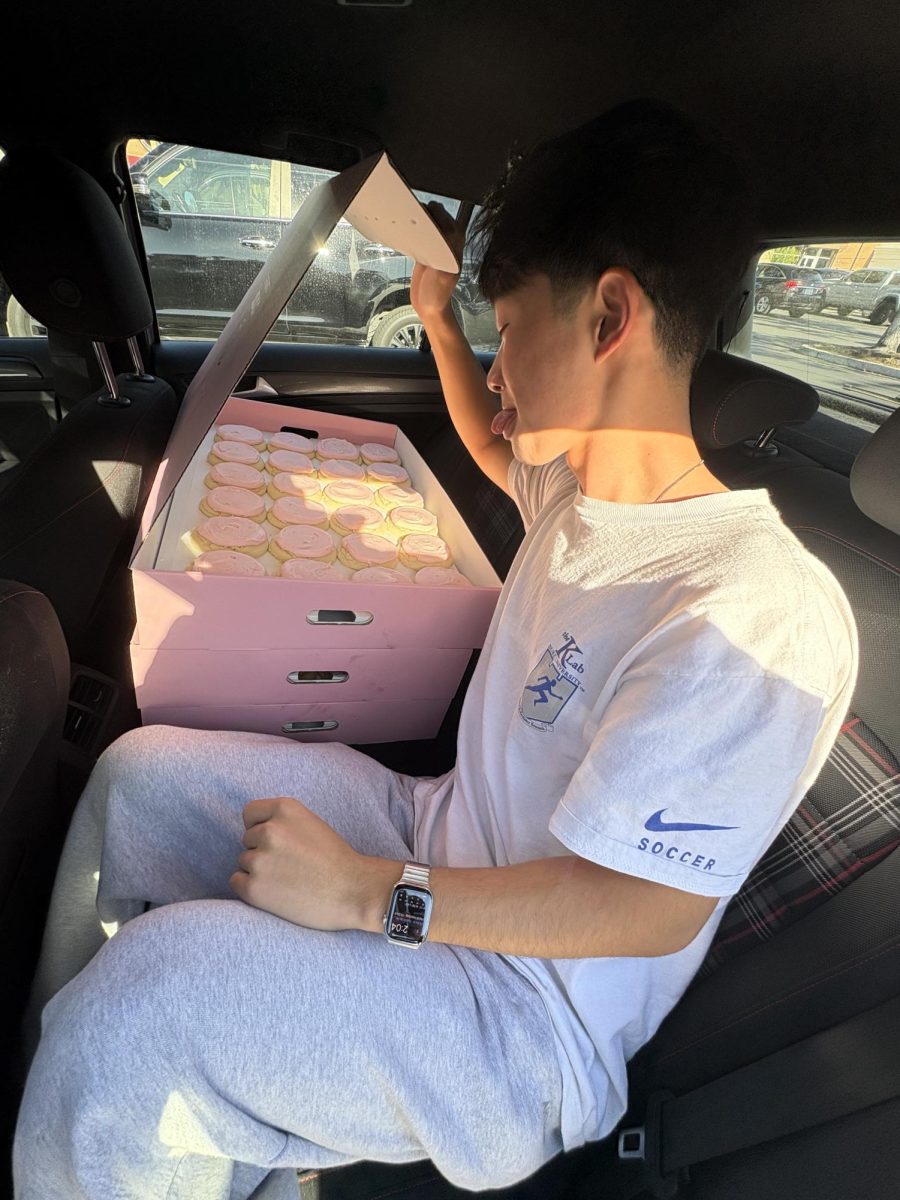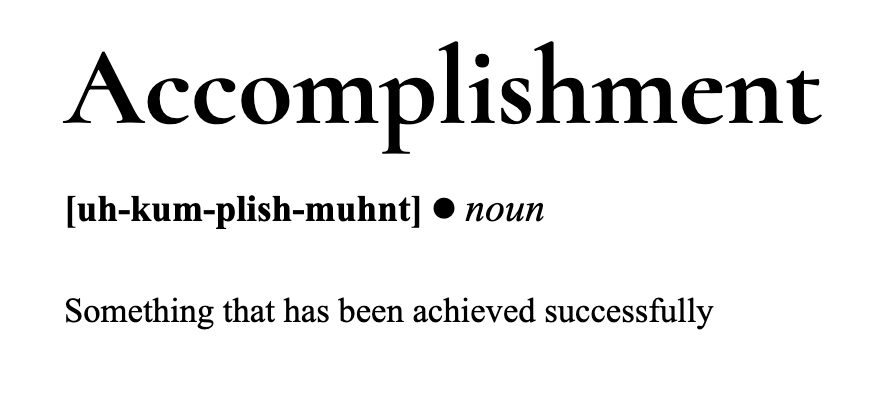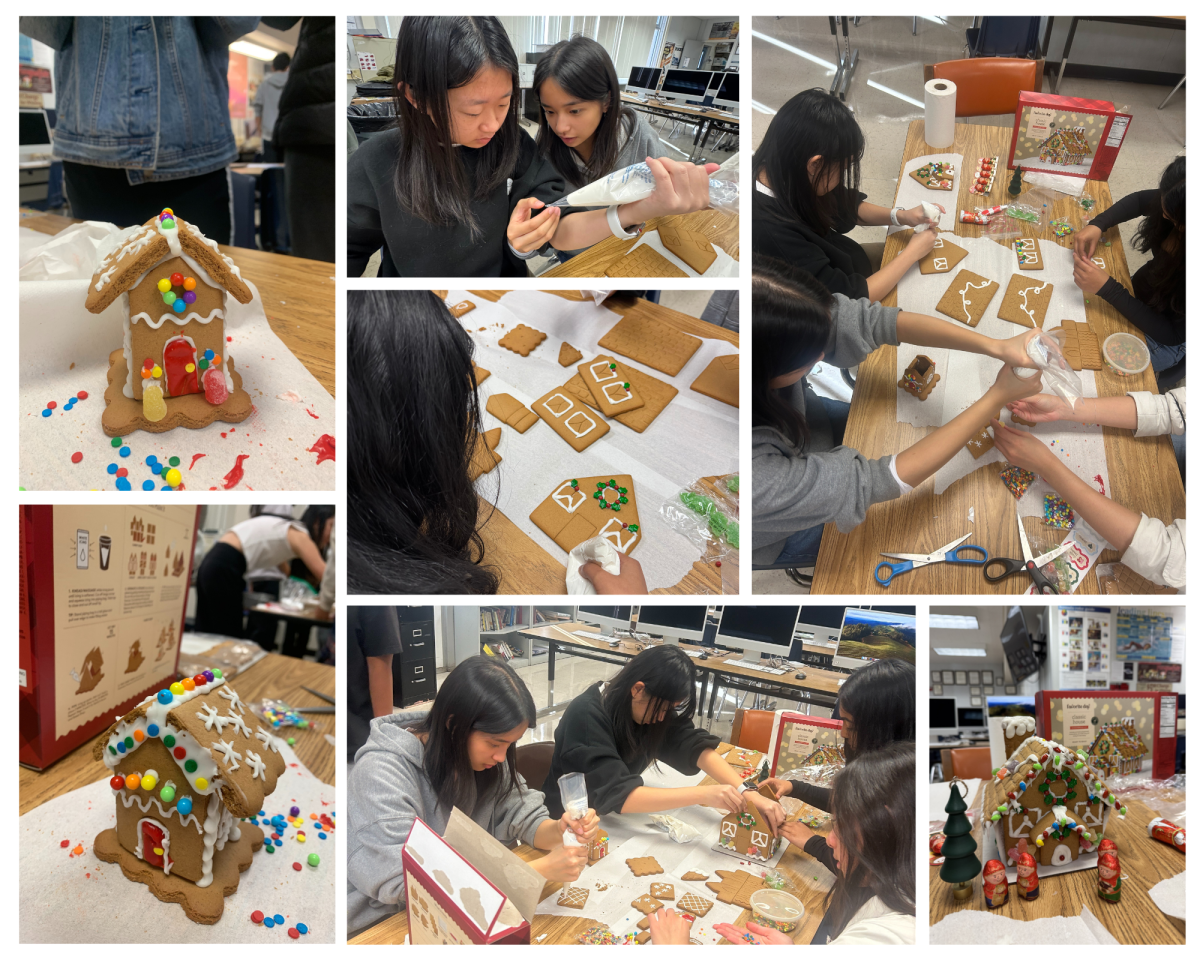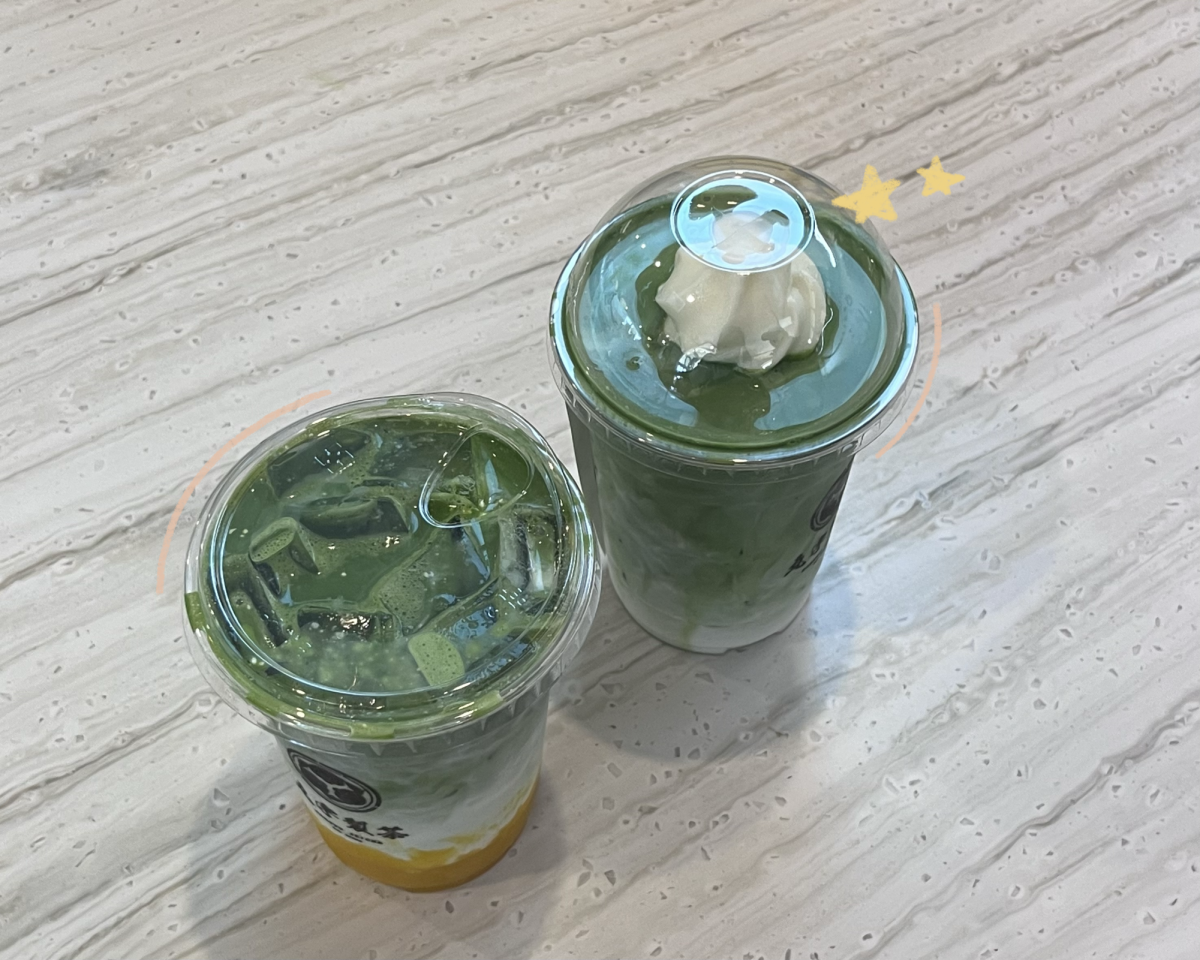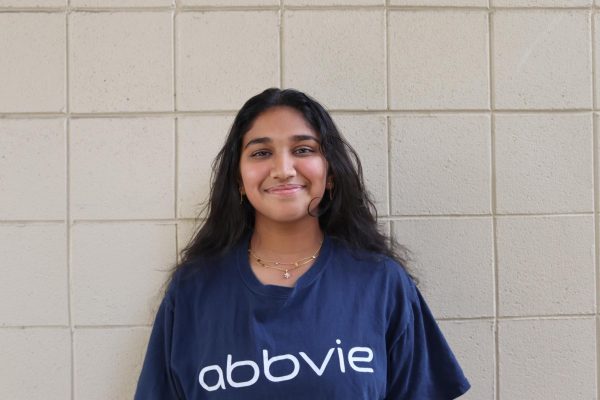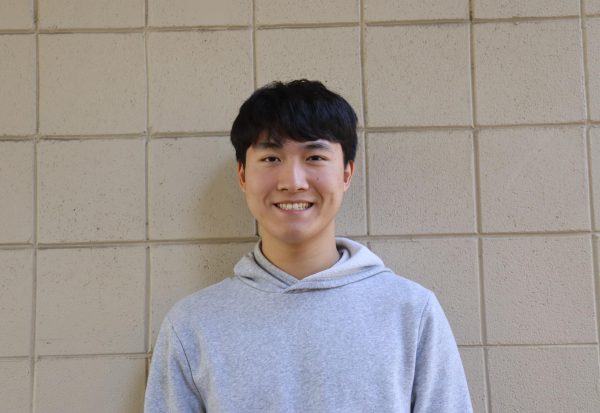After months of rigorous research and an intense selection process, seniors Leonardo Jia and Skyler Mao emerged as two of the nation’s top young research scholars in the prestigious Regeneron Science Talent Search as announced on Jan. 8.
Chosen from nearly 2,500 entries from 795 high schools nationally and internationally, they are among the top 300 scholars honored for their innovative research. Along with national recognition, they will each receive $2,000, with an additional $2,000 awarded to the school.
Jia’s project: diabetes prediction
Inspired by his grandfather’s struggle with diabetes, Jia decided to apply his knowledge of AI to help predict people’s risk of developing Type-2 Diabetes.
He began the process during the summer of his sophomore year, when he first toyed with the idea of conducting in-depth research related to public health, something he has interest in pursuing after high school. Having conducted many research projects related to public health prior to this one, Jia’s strong background in scientific research helped him approach the project with confidence.
Jia conducted the research at home, using his laptop and various online databases.
After identifying the data and machine learning models he wanted to use, Jia began testing each model, collecting the data for his final report. He looked at diabetes prevalence based on different socioeconomic and lifestyle factors, such as age, race and location, and applied that data to various AI models to find which ones worked best at predicting who was likely to have undiagnosed diabetes.
Throughout the year, Jia gathered and organized all the data he retreived from the various models to identify the patterns of those who developed diabetes. Then, he synthesized his findings into his research paper. That, he said, was the hardest part.
“It was a long process, and there was lots of revising, so that was a bit challenging,” Jia said. “After a long day, finding the motivation to complete the process was definitely a struggle.”
Aside from the recognition Regeneron brings, Jia was excited by the vast alumni network it offers.
“The process was very eye opening,” Jia said. “It introduces students to an opportunity that not a lot of them experience often. I think there’s really no downside to applying; it just takes a bit more time, but I think that’s true for everything that you do throughout high school.”
Alongside Regeneron, Jia has also had his research published in other notable journals including the High School Journal of Research and the National High School Journal of Science, for his work on Obesity Prevention and Adolescent Mental Health.
“I think that research during high school is important for two main things,” Jia said. “The first is finding a topic that you’re interested in, because the whole process really connects you with whatever you’re researching. The second is preparing for the future. Although high school research isn’t nearly as rigorous as research in college and beyond, it gives the experience of the basics of research, which will definitely help the future.”
Mao’s project: relating wave and particle statistics in pilot-wave hydrodynamics
Mao did his research on related wave and particle statistics in Pilot Wave Hydrodynamics, a field that studies how droplets can mimic quantum behavior by interacting with a self-generated wave field on a vibrating fluid surface. The project explores the walking droplet system, a phenomenon involving the interaction between a bouncing droplet and a fluid dynamical wave field.”
“I created a mathematical correlation between the wave and particle — hence the name of my paper — and I also created a numerical simulation on MATLAB that simulated this model to verify the results,” Mao said. “There was both a mathematical, computational and physical aspect to it, which I found very interesting.”
The project required considerable time and effort. He spent around 10 hours a week working with a mentor and on his laptop during the school year and over the summer ever since he started on it in January 2024. For him, it took up a lot of his after-school time and was one of the main projects he worked on during his senior year.
For him, one of the most important takeaways from the project was adaptability.
“Initially, my mentor and I took the research in a different direction, but we later realized we couldn’t really get a lot of progress out of it,” he said. “Around March or April, we had to shift the entire direction of our research to something related but not exactly the same.”
Mao appreciates the challenge and believes that it speaks a lot about the research process, which is that research isn’t just something with a set goal — it’s a process where scientists have to constantly adapt and be flexible.
Another essential part of the Regeneron experience for Mao was its highly rigorous application process.
“The submission process is pretty complicated and lengthy,” Mao said. “It’s like a college application — you need recommendation letters, a school report and multiple essays. Regeneron asks detailed questions about your research process and personal goals, like, ‘What is your potential as a future scientist?’ and ‘What makes you stand out?’”
Looking back at the researching and submitting process of Regeneron STS, Mao highly recommended the competition to those who already have a strong background in research papers or those who have an interest in STEM fields.
“Filling out the application really made me reflect on what I did for my research and what it means to me,” Mao said. “It’s been a great experience, both submitting the application and obviously, if you win, that’s really rewarding too.”

